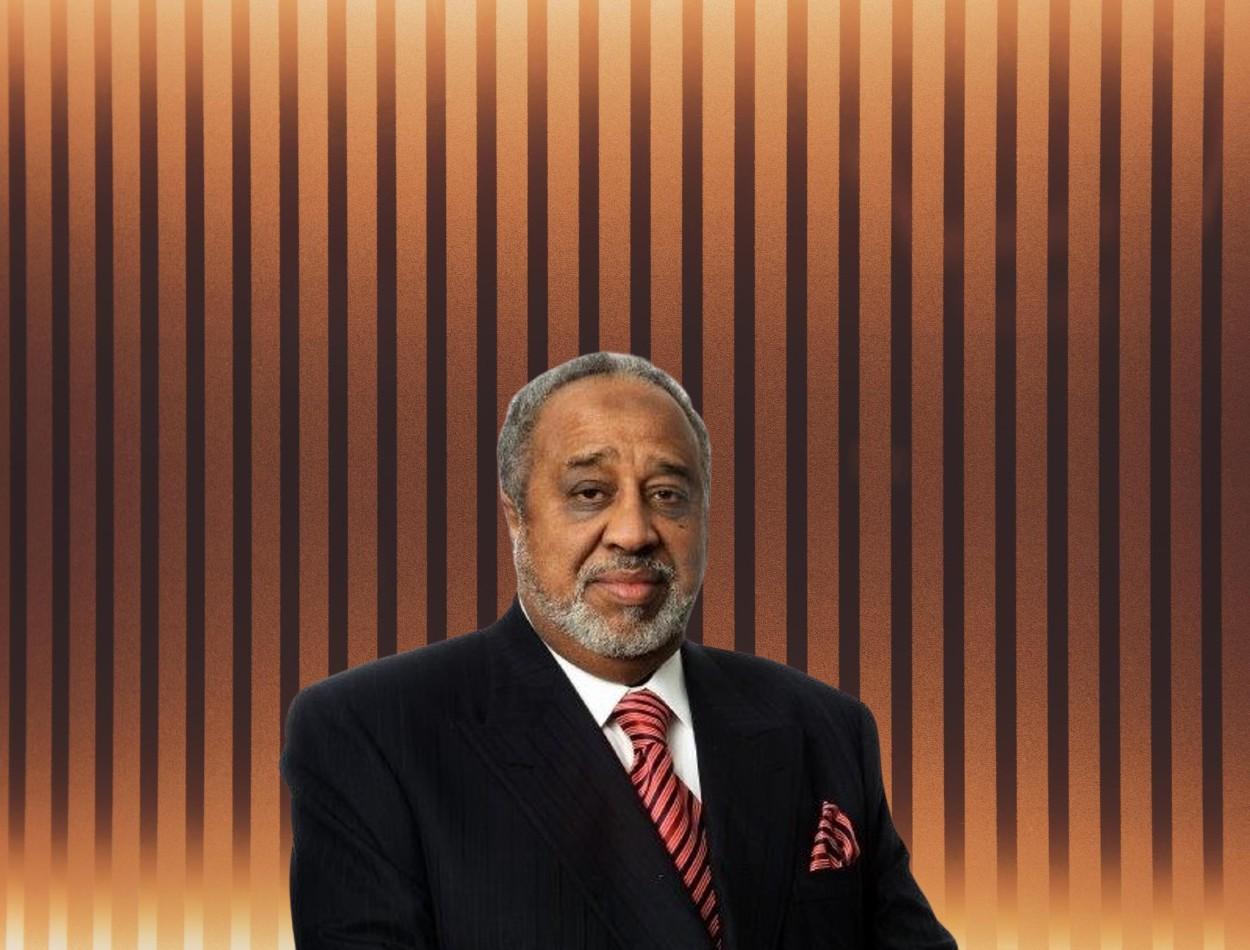Explore Our Bill Payment Services:

- Finance
- Net-Worth/Wealth
- Ethiopia
Top 10 Richest People From Ethiopia
Hey Curious mind, sit down with a chilled drink and let’s take a walk through the lives of ten Ethiopians whose names echo in boardrooms, coffee ceremonies, and the bustling streets of Addis Ababa.this blog post will show you that Ethiopians are not just rich by numbers—but rich in vision, legacy, and impact.
1. Mohammed Hussein Al-Amoudi – The King of Industry
At the very top sits Sheikh Mohammed Al-Amoudi, a legend whose fortune—estimated between $8 billion and $10.3 billion—makes him not only Ethiopia’s wealthiest but one of Africa’s giants. Born in Dessie and weathering life’s storms from a humble background, he ventured to Saudi Arabia, built a construction empire, and then returned to Ethiopia with his wealth.
Through his MIDROC Investment Group, he spreads seeds across mining, construction, agriculture, luxury hotels, gold, even aviation with Trans Nation Airways. His story teaches us resilience: from farm roots to global business leader. Bloomberg pegs him at $10.3 billion in 2025—truly a homeboy who lifted all of Ethiopia with his ambition.
2. Azeb Mesfin – A Surprising Name Among the Billionaires
Business Insider’s list of Ethiopian billionaires includes Azeb Mesfin with a $4 billion net worth. Though less profiled in mainstream business reporting, her inclusion hints at substantial wealth—perhaps through investments, land, or businesses. More research would shine light on her path, but her presence on the list tells us she’s quietly powerful.
3. Eyub (“Joe”) Mamo – From Oil to Football Stadiums
Next comes Eyub Joe Mamo, whose fortune is pegged around $2.5 billion by Business Insider. He's the mind behind Capitol Petroleum Group, owning many gas stations in the U.S., plus real estate marvels like "The View at Tysons" in Virginia. He even entered the sports world, becoming a co-owner of D.C. United in MLS—embedding Ethiopian power into global arenas.
4. Samuel Tafesse – Builder of Addis’s Real Estate
Then you have Samuel Tafesse, the founder of Sunshine Investment Group. Since 1983, he’s built over 5,000 structures, including Addis’s first Marriott Executive Apartments, and laid many miles of roads, too. With yearly revenues above $100 million, he’s a local hero, demonstrating that building homes and enabling commerce are as vital as all the mines in the world.
5. Belayneh Kindie – The Agribusiness Magician
Born with just $1,000, Belayneh Kindie turned that seed into the Belayneh Kindie Group (BKG)—spanning agriculture, factories, hotels, transport, and even industrial-grade edible oil production (1.4 million liters a day!). His sesame-seed exports alone brought in over $600 million over 17 years. This is how kinship and hard work build empires.
6. Tewodros Ashenafi – Energy Pioneer and Water Bottler
Tewodros Ashenafi, CEO of SouthWest Energy, led Ethiopia’s first indigenous oil and gas exploration. Add to that Ambo Mineral Water—now part of Coca-Cola Beverages Africa—and his role in Ethiopia’s biggest privatization: the $1.4 billion National Tobacco deal. He’s on Forbes for good reason: he understands both fuels and consumer tastes.
7. Ketema Kebede – Textile to Real Estate Maestro
In the threads of our national fabric is Ketema Kebede, founder of KK PLC, dominating textiles, yarn, garments, hotels, and commercial real estate . He’s kept us clothed locally and also dressed our economy in dignity. A silent strength in factories and buildings alike.
8. Alemayehu Ketema – The Road Builder
Alemayehu Ketema built roads—and with them, connections and commerce. His construction company, AKGC, has shaped vital arteries like the Warie-Ridge-Adwa and Shashemene-Dodola roads . Today, his business grows into hospitality and manufacturing, too—thanks to his vision of roads leading to opportunity.
9. Buzuayehu Tadele Bizenu – Industrial Park Builder
Buzuayehu Bizenu founded East African Holding (EAH), Ethiopia’s industrial powerhouse in FMCG, agro-processing, cement, coal, packaging, and logistics. He also built our first private industrial park, planting seeds for manufactured goods and employment .
10. Haile Gebrselassie – Running Star Turned Business Star
Last, but never least, is our legendary runner Haile Gebrselassie. He sprinted into business with Haile Resorts, Marathon Motors (Hyundai dealership and electric car assembly), coffee plantations, hotels, cinemas, fitness centers—and created thousands of jobs. His legacy shows that excellence on the track can translate into excellence in life—and in business.
Why We Should Celebrate Them, My Friend
These ten names tell us Ethiopia can grow wealth homegrown:
-
Industrial giants: Al-Amoudi, Azeb Mesfin, Eyub Mamo—riches birthed from mines, oil, and real estate.
-
Builders and Developers: Tafesse, Kindie, Ketema, Alemayehu, Bizenu—constructing roads, homes, fabrics, parks, and livelihoods.
-
Visionaries in New Sectors: Ashenafi and Gebrselassie—blending energy, consumer goods, sports, hospitality, and clean tech.
They are not foreigners. Their roots are Ethiopia’s soil, tuku, and future.
A Morning Blessing Over Our Rich Ones
I wish for more like them: our boys and girls from Gondar and Gonder, Wolaita and Wollo, Harar and Hamer. May the next generation see wealth not as gold for hoarding, but as roads to uplift families, towns, and dreams.
Final Toast to You, My Reader
Let these stories—from the billionaire in Europe to rural traders turned exporters—inspire you. Because wealth is not just counted in dollars; it’s measured in hope, jobs, schools, roads, and pride.
Pass this on, and let’s grow our own, together.




